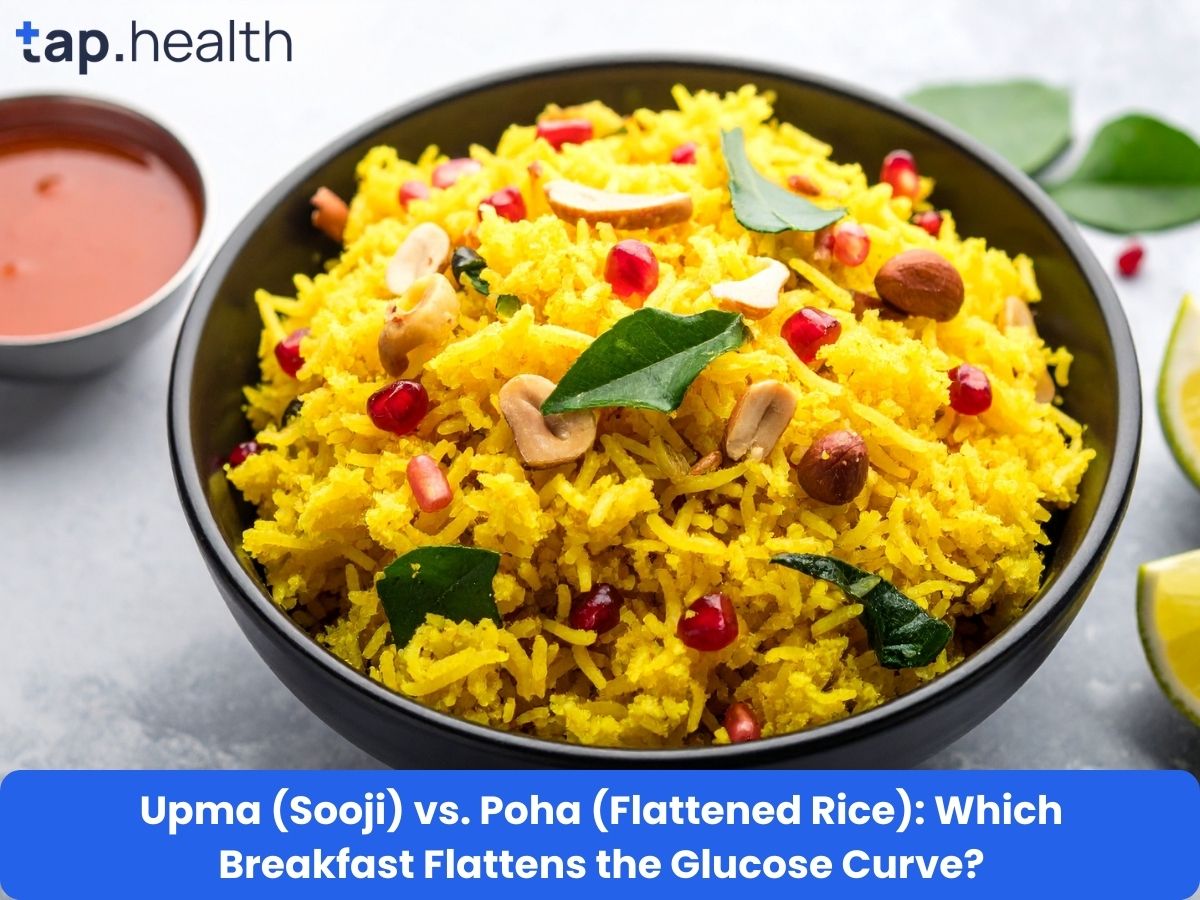Managing diabetes requires careful attention to diet to maintain healthy blood sugar levels. One common question that arises is, “Are hot dogs bad for diabetics?” In this blog post, we’ll explore the nutritional aspects of hot dogs, their impact on diabetes, and provide practical recommendations to help you make healthier choices. Let’s dive in!
Understanding Hot Dogs and Their Nutritional Profile
Hot dogs are a popular food item enjoyed by many around the world. Typically made from processed meats like beef, pork, or poultry, hot dogs often contain preservatives, sodium, and various additives to enhance flavor and shelf life. Here’s a quick look at what’s inside a standard hot dog:
- Calories: Approximately 150-180 per hot dog
- Protein: 5-7 grams
- Fat: 13-15 grams (with about 5 grams of saturated fat)
- Sodium: 500-700 mg
- Carbohydrates: 2-4 grams
While hot dogs can be a tasty treat, their high sodium and saturated fat content can pose health risks, especially for individuals managing diabetes.
Impact of Hot Dogs on Blood Sugar Levels
For diabetics, maintaining stable blood sugar levels is crucial. Although hot dogs are relatively low in carbohydrates, which have the most direct impact on blood sugar, other factors make them less than ideal for a diabetic diet:
- High Sodium Content: Excessive sodium intake can lead to hypertension, a common complication in diabetes.
- Saturated Fats: High levels of saturated fats can increase the risk of heart disease, which diabetics are already more susceptible to.
- Additives and Preservatives: Some additives may contribute to inflammation and insulin resistance.
Real-life Scenarios
Understanding how hot dogs can affect individuals with diabetes becomes clearer through real-life examples.
Scenario 1: Aarav’s Lunchtime Choice
Aarav is a 50-year-old software engineer managing type 2 diabetes. During his lunch break, he opts for a hot dog from a nearby street vendor because it’s quick and convenient. While the low carbohydrate content doesn’t spike his blood sugar immediately, the high sodium intake leads to increased blood pressure. Over time, Aarav notices his blood pressure rising, adding another layer of complexity to his diabetes management.
Scenario 2: Meera’s Family Barbecue
Meera is a 40-year-old teacher who enjoys hosting family barbecues. She serves hot dogs as one of the main dishes. Her son, who has been recently diagnosed with diabetes, consumes a couple of hot dogs during the event. Meera realizes that the combination of high sodium and saturated fat might not be the best choice for her son’s health and decides to explore healthier alternatives for future gatherings.
Expert Contributions
To gain deeper insights, we consulted Dr. Riya Patel, an endocrinologist with over 20 years of experience in managing diabetes.
Dr. Riya Patel: “Hot dogs are convenient and tasty, but they are not the best option for individuals with diabetes. The high sodium and saturated fat content can exacerbate complications associated with diabetes, such as hypertension and heart disease. It’s essential to focus on whole, unprocessed foods that provide essential nutrients without the added preservatives and unhealthy fats.”
For more expert opinions, you can refer to Dr. Patel’s interview on Diabetes Management.
Recommendations Grounded in Proven Research and Facts
If you love hot dogs but are managing diabetes, here are some evidence-based recommendations to enjoy them safely:
- Choose Leaner Options: Opt for hot dogs made from lean meats like chicken or turkey instead of beef or pork to reduce saturated fat intake.
- Check the Sodium Content: Look for brands that offer lower sodium options to help manage blood pressure levels.
- Increase Fiber Intake: Pair your hot dog with high-fiber foods like whole-grain buns and plenty of vegetables to balance blood sugar levels.
- Limit Portion Size: Enjoy hot dogs in moderation to prevent excessive calorie and fat intake.
- Avoid Processed Additives: Choose hot dogs with fewer preservatives and artificial ingredients.
Factual and Reliable Information
Research supports the recommendations provided. According to the American Diabetes Association, a healthy diet for diabetes includes:
- Low in Saturated and Trans Fats: Helps reduce the risk of heart disease.
- Moderate in Carbohydrates: Aids in maintaining stable blood sugar levels.
- Rich in Fiber: Improves blood sugar control and promotes heart health.
- Low in Sodium: Helps manage blood pressure.
By selecting healthier hot dog alternatives and balancing your meals with nutritious sides, you can enjoy your favorite foods without compromising your diabetes management.
Frequently Asked Questions (FAQ) on Are Hot Dogs Bad for Diabetics?
1. Can diabetics eat hot dogs occasionally?
Yes, diabetics can enjoy hot dogs occasionally, but it’s important to choose healthier options and consume them in moderation.
2. What are the healthier alternatives to traditional hot dogs?
Healthier alternatives include turkey or chicken hot dogs, low-sodium versions, and plant-based sausages made from beans or soy.
3. How can I make my hot dog meal more diabetes-friendly?
Pair your hot dog with whole-grain buns, add plenty of vegetables like lettuce, tomatoes, and onions, and avoid sugary condiments.
4. Are there any risks associated with eating hot dogs for diabetics?
Yes, the high sodium and saturated fat content can increase the risk of hypertension and heart disease, which are common complications in diabetes.
5. Where can I find more information about diabetes-friendly diets?
You can visit the American Diabetes Association for comprehensive guidelines and resources on managing diabetes through diet.
Conclusion
While hot dogs are a beloved food for many, they present certain challenges for individuals managing diabetes. The high sodium and saturated fat content can contribute to complications like hypertension and heart disease. However, by making informed choices—such as opting for leaner, lower-sodium varieties and balancing your meal with fiber-rich foods—you can enjoy hot dogs without significantly impacting your blood sugar levels.
Always consult with a healthcare professional or a registered dietitian to tailor your diet to your specific health needs. Making small, sustainable changes can lead to better diabetes management and overall health.



